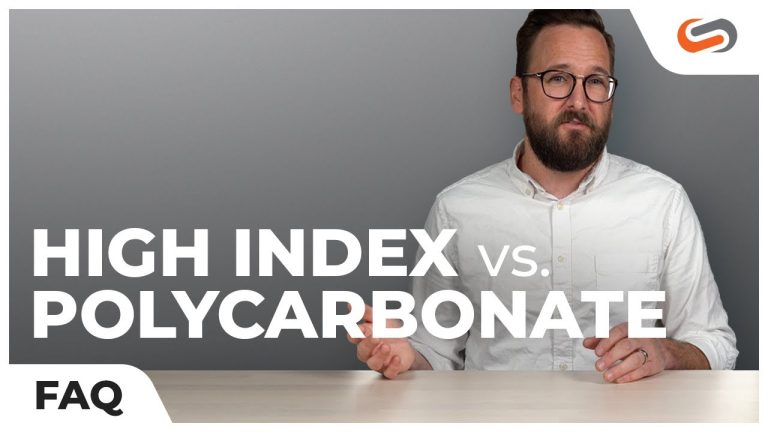Polycarbonate Glasses
Still, the commercialization of polycarbonate didn’t happen till 1953, when Hermann Schnell at Bayer Uerdengin Germany patented the initial linear polycarbonate. Be the first to hear about product launches, new hues, and the latest on all things eye care. SunStoggles offer the same defensive ANSI Z87.1 functions as typical Stoggles and all the same great…









